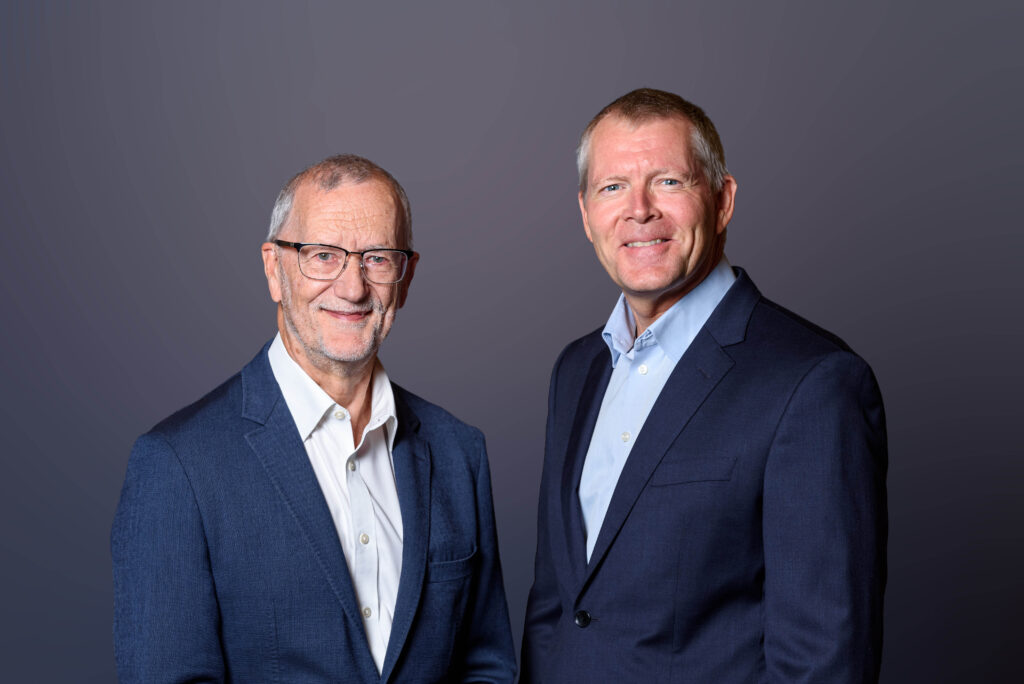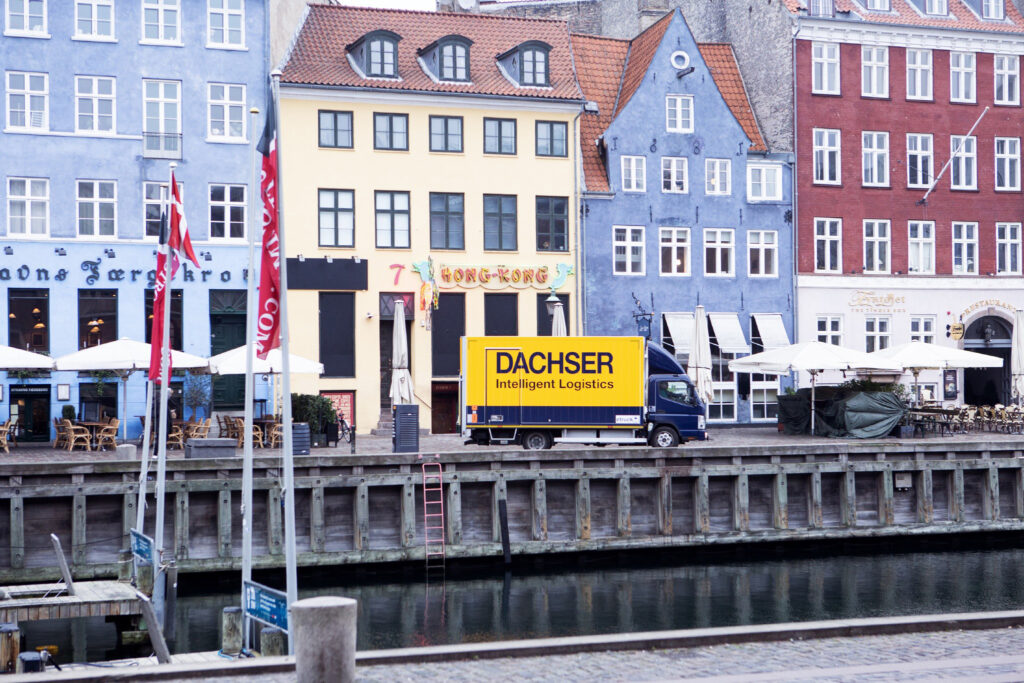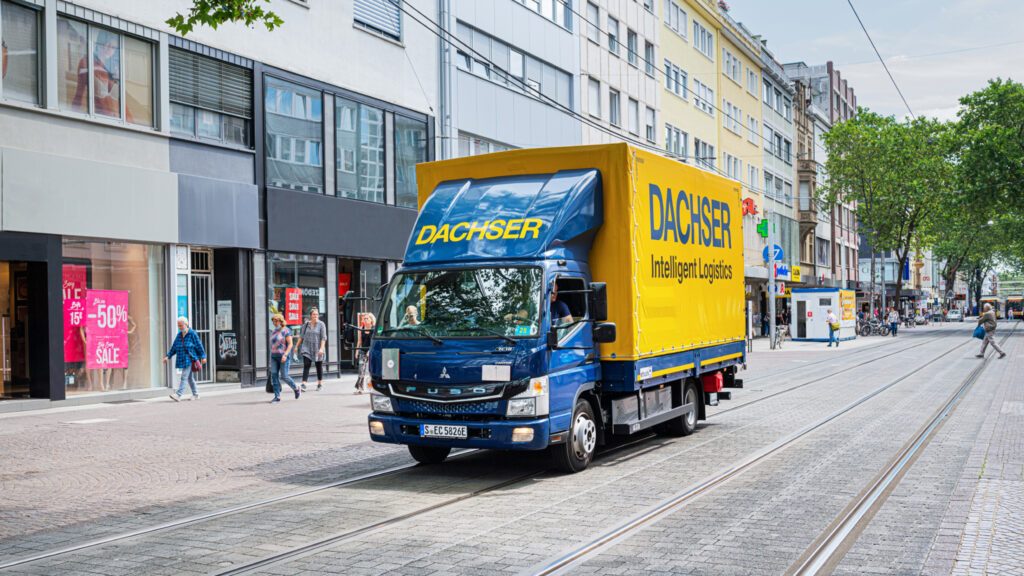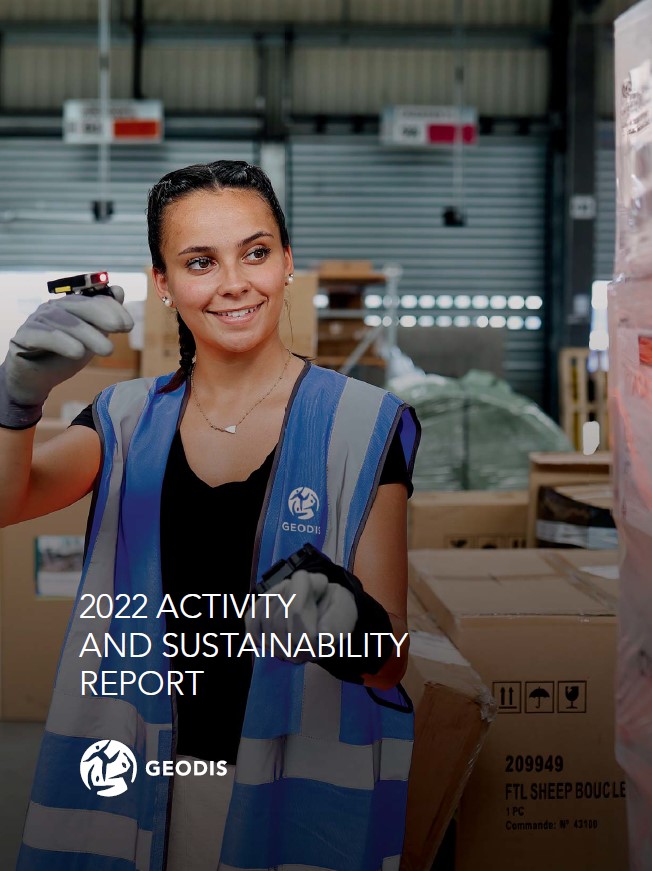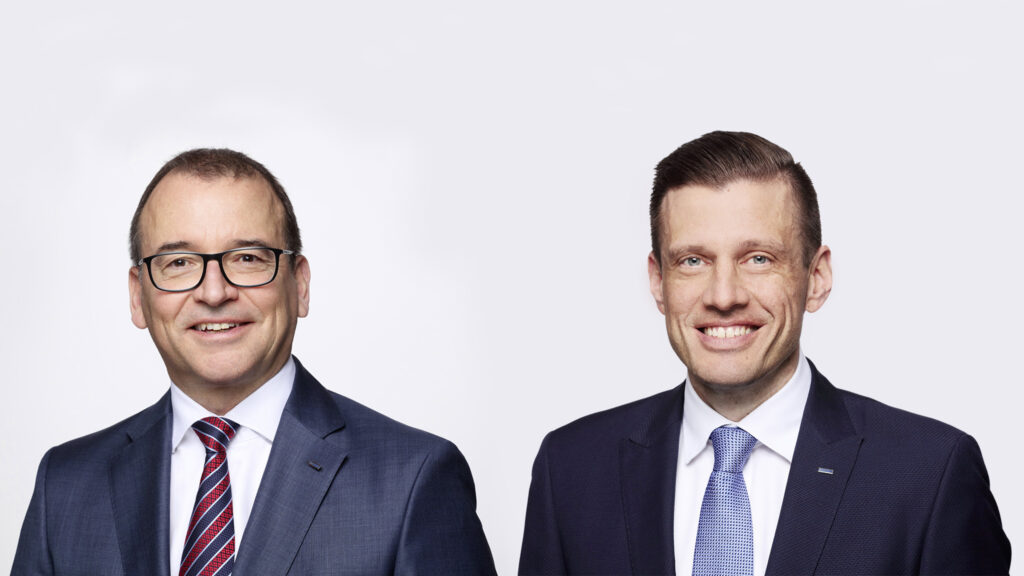We will participate in the Joint Technological Development Program for the Demonstration of Fully Autonomous Ships under the MEGURI 2040 Fully Autonomous Ship Project* (hereinafter MEGURI2040) administrated by the Nippon Foundation, as a member of the Designing the Future of Fully Autonomous Ships Plus consortium (hereinafter DFFAS+)** consisting of 51 companies in Japan.
On July 20, the Nippon Foundation held a seminar*** on the MEGURI2040. At the seminar, an overview of the second stage of MEGURI2040 and the project’s initiatives were presented.
This program is positioned as the second stage of MEGURI2040, which started in 2020, and aims for full-scale commercialization of fully autonomous ship technology by 2025, which was developed in the “Joint Technological Development Program for Demonstration of Fully Autonomous Ship,” which was carried out as the first stage, in cooperation with the Nippon Foundation.
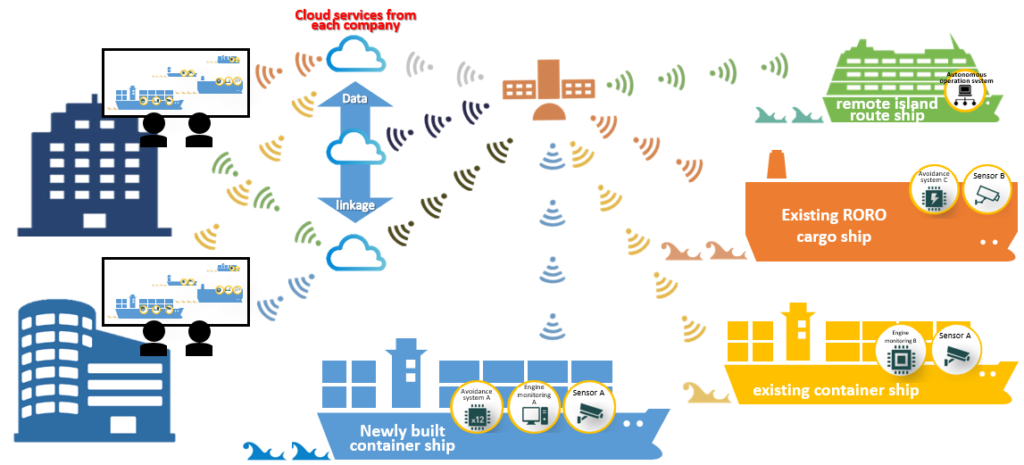
The program will aim for full-scale commercialization of fully autonomous ships technology by 2025, with four goals.
In addition to designing next-generation ships that will support the coastal shipping industry in the future, a demonstration of ship-land operations will be conducted to simulate the future coastal shipping industry that will be supported by fully autonomous ship. The demonstration will use four different types of ships (a newly built full package container ship; with fully autonomous operation system, an existing container ship, a RORO cargo ship and a remote island route ship; with some autonomous operation system) and two Fleet Operation Centers.
- Standardization of developed technologies
To refine the fully autonomous ship technology developed in the first stage, and by standardizing these technologies into international standards, to strengthen Japan’s maritime industry and lead the international competition in fully autonomous ship technology.
- Reinforcement of development process infrastructure
Based on the development process infrastructure established in the first stage, reinforce it further by upgrading simulation technology, generalizing risk assessment, etc.
- Social Implementation
To commercialize an autonomous navigation system (including land-based monitoring system) and to establish a certification scheme necessary to commercialize the system.
In addition, to improve the environment for social implementation, we will utilize our knowledge of technological development to establish international and domestic rules for fully autonomous ships, examine human resource requirements and training methods to accommodate new working styles, study the use of deregulation and other methods to ensure the continuous commercial use of fully autonomous ships, and examine insurance and freight rates for fully autonomous ships.
Our Approach
We, Kline, are collaborating with Kawasaki Kinkai Kisen Kaisha, Japan Radio Co., Ltd., and YDK Technologies Co., Ltd. to retrofit the existing RORO cargo ship ‘Hokuren Maru No.2’ (operated by Kawasaki Kinkai Kisen Kaisha) with unmanned and autonomous navigation capabilities.
By leveraging our expertise in safe operations, we are developing a system that replicates the sequence of piloting actions—namely ‘perception, information processing, analysis, planning, and execution’—that were previously carried out by humans, using cutting-edge AI technology and other advancements. Our goal is to further enhance the safety and quality of transportation provided by our operated vessels.”
In order to solve social issues in Japan’s coastal shipping industry, such as reducing labour shortages and the workload, preventing maritime accidents, and maintaining remote island shipping routes, and to support stable domestic logistics and transportation infrastructure, the Nippon Foundation, DFFAS+ participating companies, and domestic and international partner organizations will continue to work together toward the commercialization of fully autonomous ships by 2025.
*A subsidization scheme to cultivate further momentum for technological development in the field of crewless maritime autonomous surface ships, promoting changes in logistics, economies, and social infrastructure in Japan, and supporting such technological development through the success of the world’s first crewless autonomous operation trials by domestic coastal vessels.
** Companies participating in the DFFAS+ project include Japan Marine Science Inc. (project leader); Akasaka Diesels Limited; IKOUS Corporation; Imoto Lines,Ltd.; Weathernews Inc.; Uyeno Transtech Ltd; EIZO Corporation; SK WINCH CO.,LTD.; MTI Co., Ltd.; NX Shipping Co.,Ltd.; NTT Communications Corporation; Kawasaki Kisen Kaisha, Ltd.; KAWASAKI KINKAI KISEN KAISHA,LTD.; KANDA DOCKYARD Co., Ltd.; KYOKUYO SHIPYARD CORPORATION; Kinkai Yusen Kaisha Ltd.; Kokusai Ryobi Ferry Co.,Ltd.; Sunflame Co., Ltd.; Sanwa Dock Co., Ltd.; JRCS Co.Ltd.; JAPAN HAMWORTHY CO.,LTD.; Japan Marine United Corporation; Mitsui O.S.K. Lines, Ltd.; SKY Perfect JSAT Corporation.; Suzuyo Marine Co., Ltd.; Space Compass Corporation; TERASAKI ELECTRIC CO.,LTD.; Tokio Marine & Nichido Fire Insurance Co., Ltd.; TOKYO KEIKI INC.; TST CORPORATION.; MIRAI R&D (Research & Development);Nakashima Propeller Co., Ltd.; Nabtesco Corporation; NIHON SHIPYARD CO.,LTD.; Japan Radio Co., Ltd.; NYK Line; The Hanshin Diesel Works, Ltd.; BEMAC Corporation; pluszero, Inc.; FUJIWARA SHIPBUILDING CO.LTD.; FURUNO ELECTRIC CO., LTD.; Honda Motor Co., Ltd.; Honda Heavy Industries Co., Ltd.; Marindows Inc.; Marubeni Corporation; MIURA CO.,LTD.; Mitsui E&S Shipbuilding Co., Ltd.; Mitsui Sumitomo Insurance Company, Limited; Mitsubishi Research Institute, Inc.; Mitsubishi Shipbuilding Co., Ltd.; YDK Technologies Co.,Ltd.
*** Presentations on technologies and rules for fully autonomous ships and a panel discussion on expectations and challenges for the commercialization of fully autonomous ships.
The Nippon Foundation Fully Autonomous Ship Project MEGURI2040 Seminar on Fully Autonomous Ship







